In 2007–2008, the Syrian Kurdish author Maha Hassan was chosen for a writer's residency where she lived and wrote for a year in Anne Frank’s family home in Amsterdam. The resulting book, Fi Bait Anne Frank (In Anne Frank’s House), published by Al-Mutawassit in 2020, is a reflection on writing, persecution, and exile that chronicles that year and how getting to know Anne Frank changed its author’s life. This discussion touches on In Anne Frank’s House and Maha Hassan's other books, as well as her writing philosophy as a woman living in exile, her future writing plans, and more.
This interview, which originally took place in October 2021, has been edited for length and clarity. All Arabic titles have been given in English translation.
Addie Leak: I know you worried, initially, about staying in Anne Frank’s home and, later, about publishing In Anne Frank’s House because of how Jewish people are sometimes conflated with the Israeli state. Have you received the kind of backlash you were concerned about, either personally or in the press?
Maha Hassan: Not really, no, but I felt this book was kind of neglected. I’ve been working for a long time, so I’m pretty well known in the Arab world, and all my books have been well-received. There are always reviews in the press and interviews, but I felt this book was kind of orphaned, left out. It was mistreatment via neglect. That’s the first thing.
Second, for Arabic literary prizes, the topic of the book—even just the title—makes people afraid to touch it. It talks about the Jewish issue, which is a sensitive subject. There are other books about Jews, like Ali Al-Muqri’s book The Handsome Jew, or Shlomo Sand’s book, but when it comes to Syria, we still have the problem of the war that occurred with Israel. There’s a culture of opposition and enmity toward Israel in Lebanon and Syria. When, for example, they signed the agreement with Israel when we were young, we went out to the demonstrations, where I said words I didn’t understand. I think my book has been dealt with as Syrian—as though it must talk about the Jews differently than it would if it were written by a Yemeni or even an Egyptian. I was born in 1967, a child of the long war between our countries, part of this generation of hate—or generation of partition—that doesn't know the Palestine that's occupied by Israel. I was lucky enough to be able to visit because of my French passport and an invitation from the Palestinian government, but the average person still has a lot of this anger.
As far as more literary people, or the so-called elite, I expected a different reaction. I didn’t think of Anne Frank from a political standpoint; I said, she’s a writer, and I’m a writer; she’s a victim of the Holocaust, and I’m a victim of the Baathist opposition against the Kurds. I’m talking about the Anne Frank who lived before the creation of Israel—and yet, when the book came out, one of the biggest poets in the Arab literary elite wrote on Facebook something about me using Jewish names to court international prizes. I wrote him a message just to say—“Sorry, have you read the book?” He’s a colleague, a writer, and generally very forward-thinking in his writing, but when it came to the subject of Jews and Israel, I was surprised by how traditional and reactionary his response was. His answer to that question was, “No, I can tell by the title.” I said, “I swear, if you, as a writer, say that the title’s enough to judge my intentions as a writer, I guess I can’t blame anyone else for doing the same thing.” He’s a friend; he knows me and how I think. But even a very enlightened writer, who knows that Anne Frank was born and died before Israel was established, can’t talk about it because he’s worried for himself, too. He thought I was hoping this book would shower me with prizes, but on the contrary, this book is scary in the Arab world; even institutions who may have links with Israel don’t want to approach the topic in literature.
AL: Do you think the coronavirus may have also had an impact on the response to the book?
MH: Yes, I thought so at first, but at a certain point, that was no longer the case. There’s still no reaction. I think the neglect is due to people’s fear of approaching the subject.
AL: I spoke with an editor recently who, I think, didn’t fully understand the book. He seemed a little scared to publish a text in which Anne Frank herself spoke. He hadn’t read the excerpts, but he was worried that her voice might not be respected as it should. So that fear unfortunately also exists in the United States.
MH: Maybe Anne Frank has become a kind of taboo topic, so publishers are afraid that Jews will react by saying, “Anne Frank is ours.” That’s what I tried to say in the book, that Anne Frank isn’t just for Jews or for Israelis. She’s an international being; she belongs to us all. 
AL: When you were looking for a publisher, why Al-Mutawassit, and what was the editor’s opinion on all this?
MH: I think it might’ve been tricky for any other publisher to pick it up. The most important thing for me was that Khaled Al-Nassiry is Palestinian, which means I couldn’t find anyone better. He’s Palestinian. I’m Kurdish; I can’t accept anyone badmouthing the Kurds. So of course, Khaled al-Nassiry, if there’d been any badmouthing of Palestinian rights or the Palestinian national character, that would’ve been it. I’d worked with Khaled on Good Morning, War!, and when I told him I’d written a book about my time at Anne Frank’s house, he immediately told me to send it to him. It kind of goes back to the question of mentality; Khaled is someone who has lived for a while in Italy, who’s a poet and a critic, who cares about the topics I talk about in the book: identity, prejudices, etc. He dealt with the book as an artist first and not as a publisher; it wasn’t about whether the book would make money or cause problems. So he approached it with an artist and publisher’s sensibility and then a Palestinian’s, which I was more comfortable with than if, for example, the publisher had been Kurdish. So it set my mind at ease that the publisher was Palestinian. And the funny thing is that the first reactions I got to the book were from Palestine; the very first person who spoke with me about it, and who was happy with the book, was Ihab Bseiso, the Palestinian minister of culture back when I visited Ramallah. So I was reassured, like, good, okay—what I’m doing isn’t upsetting Palestinians. Even the first article written about the book came from the Palestinian newspaper Al-Ayyam. They don’t have a problem with the book, or with my ideas; the book is even being sold there and treated well.
AL: I love the second-to-last chapter of the book, where you and Anne are researching Jewish Kurds, having found the most obvious point of connection between you and the frightened Israeli citizens she told you about. You mention then that perhaps you should go back to Palestine to continue your research. Is that something you still hope to do? What made you choose to publish this book before going?
MH: Yes, I think I was missing two things. I was missing a real entry point into the Israeli culture. As an Arab writer, I have no contact with Israeli friends there. I’m very curious to know how they think, but it’s hard to find a place among them, even now. I have an Arab Muslim name, so many if not most people there are fearful or cautious or maybe even hateful. I know that when we entered the Palestinian borders and I gave my French passport to the worker there and said “Bonjour,” she didn’t respond. She didn’t consider me French; she considered me Arab or Muslim. I don’t know what exactly she was feeling, obviously, but the word “bonjour” isn’t a crime. If you tell someone hello, they usually answer you, unless they hate you or have a problem with you. So it was hard for me to forge a connection with any Israeli. And second, Hebron—I really wanted to go to Hebron to see how the Kurds are living. I didn’t know about them when I went; I only found out later. So I like to say that this book is incomplete. I couldn’t know everything; this is a piece of the puzzle, but I would have to go more than one time to understand everything I couldn’t say in this book.
AL: Would you ever write a sequel for this book, if you have a chance to go back?
MH: No, for the moment, I’m turning the page. If one day I go back, it’ll be another project.
AL: You mentioned once in a France 24 Arabi interview that your goal is always to be unlike any other writer—at the sentence-level, the level of description, and even in your choice of narrators. You certainly do that in this book: having Anne present in spirit form—and even having her speak—is a bold and exciting choice. As I've said before, I think this text would best be marketed as “nonfiction” in the English market, which brings us to the perennial question about where the dividing line between fiction and nonfiction is. How do you see the difference between the two ?
MH: I have trouble dealing with direct realist texts. Even in my novel, Good Morning, War!, which is the closest thing I’ve written to fact or memoir, my mother, who passed away, narrates the day-to-day of the war in Aleppo from the grave. I took refuge in that technique to tell true things in a way that wasn’t purely factual. I am someone who is always pulled towards fiction: I don’t know how to tell a simple story. It all goes back to my environment growing up. My mom might have told a single story ten times, every time in a different way. She didn’t know how to tell a story exactly as it happened. I have the same problem. A writer has to recount feelings and emotions that change by the second. I can’t record things precisely because I’m always interested in the background, in reading what’s happening behind the scenes. So I conjured up Anne Frank and let her speak, and I sought help from my mother in Good Morning, War! and let her speak even though she was dead. I refuse the idea of death; for me, writing is a way of bringing people back to life. The imaginary narrative is against death, stronger than death. The strength and freedom of writing is in the imagination, rather than in a reality that has to be exactly as it is, limited, and you can’t add to it.
AL: Yes, I really like the idea of nonfiction pointing to a bigger truth—that it doesn’t have to be 100% factual to be true. That’s what I felt in this book.
MH: And sometimes the truth that we guess at is more powerful than reality!
AL: I know that when you were at Anne Frank’s house, you were reading her book, so you were very familiar with her voice. I felt that you treated it respectfully, but did that worry you at first, being faithful to her voice?
MH: Actually, Anne Frank, for me, wasn’t the same Anne Frank that everyone knows. Because I was in her home, I saw a part of her that not everyone sees, and that created an intimate link between two girls who didn’t know each other before. So she wasn’t the Anne Frank whose photos we see in museums or documentaries. That wasn’t the Anne Frank I was friends with; I knew the writer in her, the dreamer, the things she didn’t fully reveal in her book. I don’t know if I had the right—though artistically, I suppose I did have the right—to communicate with the spirit of Anne Frank, to cross boundaries and go back to the time when she lived in that room. It was like summoning spirits. I tried to show a side to her that isn’t known outside that house. For example, when she was with me in Ramallah, I saw her as distressed when she saw the Israeli army there with their guns. I don’t know if Anne Frank, if she were alive, would have lived that experience in the same way. My relationship with Anne Frank wasn’t necessarily with the Anne Frank in flesh and blood who lived in such-and-such a place and died in such-and-such a year, but the one who came back to life as a new person and who might have had slightly different ideas. Maybe that’s the difficulty of the book; Anne Frank is a taboo for some people—she has to be left as she is, we can’t touch her—but I think that along with the freedom to write, to think, it’s my right to talk about her. With respect, of course—I love Anne Frank; our loving relationship is clear in the book. But the Anne Frank I wrote about isn’t 100% the same person. In the process of writing, I was also trying to understand myself through my relationship with her.
AL: On that note—while this style is entirely your own—are there any literary influences you can think of that may have had an impact on your writing (here or in other books)?
MH: The style, I don’t think so. I always say that I’m an experimental writer. Even among my books, none really resembles another, but in terms of thought, of course. For example, I’m really influenced by Kafka, the fantastical element of his work. And I love Milan Kundera.
In terms of text construction, it’s maybe hard to answer because I write in Arabic, and the writers I’m talking about are Western, writing in other languages. The Arabic language has its own particularities, things I’ve taken from the region, so it’s hard to be influenced. When they asked Naguib Mahfouz who his influences were, for example, he mentioned Taha Hussein, Al Akkad, Al-Manfaluti. Naguib Mahfouz was a purely Arab writer; he lived all his life in Egypt, he wrote in Arabic, and his influences were more or less from the same literary milieu. But I don’t have a uniform cultural milieu. There’s Kurdish; I don’t read it, but I may have been influenced by the oral storytelling. And I can’t say that I was influenced by classical Arabic literature because my intellectual influence was translated literature. Existential thought—Sartre, Camus—had a big impact. My intellectual influences came from people from different language backgrounds. I write in Arabic, and sometimes I write in French, but I don’t have a single linguistic system in my mind.
So no, no influence in style. I like Isabel Allende a lot, for example, and I am influenced by her in the sense that she made me think about a certain way of writing. But I can’t actually use it or approximate it because of the linguistic and social gap. Isabel Allende doesn’t discuss matters of honor, which are an important part of Girls of the Wilderness. The subjects I take on are different from the subjects of writers I love, who have nonetheless helped me define how I think, how I criticize myself, how I scratch things out and rebuild them.
AL: You discuss your book Daughters of the Wilderness in the second half of this text, writing that you finally embraced your “feminine voice”? What does the term “feminine voice” mean for you, exactly?
MH: In Syria, I was brainwashed by the patriarchal regime. I actually used to refuse to read women writers; I thought they didn’t know how to write, and I acted like I was too good for them. I think it was a kind of masculine conceit. Even in France, when I wrote an article that was translated into French, a French lady told me, “Your writing is so powerful; it’s almost like this was written by a man!” I was surprised by that sentence—and by my own thoughts. It’s a real problem that even now some well-known women writers feel that a text written by a woman is a lesser text. I recognized after I got to France that I was making that mistake, that I considered Simone de Beauvoir to be a kind of second-rate Sartre, following along in his wake. Getting some distance from Syria is what helped me come to this realization. I would talk to my mom or my sister on the phone and hear women’s stories, and I slowly discovered that the world was richer than I knew and that Arab women’s narratives went far beyond the official discourse of politicians and businessmen. To me, the real discourse is the one belonging to women in their homes, telling their secrets—the truths people don’t see. The Arab man sees his friends outside in a café, talks about politics, goes to the soccer field, goes to a party, etc., but he can’t go into other people’s houses . . . As an example—a girl in my family was almost killed because she’d had a relationship with someone, and the one who settled the issue (intelligently!) and saved her was her mother, who was able to protect her daughter by settling the matter in such a way that no one knew what happened. Of course there are male writers who can get into the inner world of women and express it, but in general, 80–90% of these issues are still inaccessible to men. Because I’m a woman, I can enter into those details. . . . This secret life lived by women who aren’t present in the light: that’s where you find the narrative and all its secrets, intensity, and unseen riches.
AL: How has your writing changed since moving to France? The books that came afterwards, were they a bit different in terms of voice?
MH: I think so, yes. In Umbilical Cord, I started talking about things that I’d neglected to write about. Writing that book was scary from a political standpoint, too, because it discusses questions of identity, including Kurdish identity and women’s sexual identity. Ever since then—while I’m not totally free—I’ve tried to seek out my voice and be true to it.
AL: There’s a beautiful passage in In Anne Frank’s House where you discuss your family’s love of stories and how they led you to become a writer. Is that the main reason you write? Did they encourage you in your endeavors? How did you transition away from your study of the law into writing?
MH: No, it was just the opposite, I wrote in secret. I didn’t dare tell my family that I wrote. And when I was talking just now about secrets among women—this one was a secret between myself and Mama. She knew I wrote even though she didn’t read, but my father didn’t know because it was a sin. Writing essentially meant revealing things—it was scandalous.
Why do I write today? I write because I’m trying to understand the world around me, a world that’s constantly changing. We all have a lot of questions, so when I write, I do it to make myself understood, to make others understand. A critic once wrote me a really touching message that said, “Reading your book helped me find the answer to a problem I’m facing.” When we write, we’re also helping others. Books helped me grow and advance in life, so I hope that my books also help others to reflect or advance in theirs. . . . We live in a complicated world that we’re always striving to comprehend, and art is the means of understanding the relationships between ourselves and others, between ourselves and that world.
AL: How did you decide to make the transition between your studies of law and writing?
MH: There’s no relationship at all. Law was something I studied in Syria because I passed the baccalaureate exam and had the chance to study. I never worked as a lawyer; it was really just a diploma. It has nothing to do with writing.
AL: In the past, you wrote a lot about the war, but recently you’ve begun to break out of that. Tell me a little about your book that just came out, My Doubles. What was your inspiration for it ?
MH: It’s related to what we were saying a little while ago—the spiritual contact that exists among all women. When I’m talking to you right now, maybe I’m making you think of certain images, certain memories, certain things you’ve lived through that correspond to what I’m saying. At its base, My Doubles is about how as women, we share feelings and stories like that, but—taking it few steps further—I also essentially posit that each of us has several other versions elsewhere. It comes from my own experience when I travel, when I meet people—whether they’re French, Italian, Dutch, Arab, Kurdish—I always feel that we, as women, have things in common. I tried to talk about that in My Doubles, how we’re all mirrors of one another.
AL: I think we can say the same for you and Anne Frank in In Anne Frank’s House, too.
MH: Yes, of course. And even my mother in Good Morning, War! In Female Voices, too, there are several female writers. Deep down, I think there are several versions of me scattered around; there are bits of others in me and aspects of myself in others. I believe that women (and perhaps men, but I don’t have that experience) exist in several copies. And maybe, in the act of writing, we’re looking for our other selves.
AL: I read somewhere that you write in French as well as Arabic now. Is that true? Tell me more! Why choose to write in French?
MH: With French or Italian or other Western critics, I feel freer because I don’t have to worry about prejudices the way I might otherwise. When I write in French, people take my words as they are; there’s no reflex pulling them back into the past, no guessing at what I’m saying. In Arabic, we have the concept of ta’weel, which could be described as interpreting something in a way that diverges from its literal meaning; everyone has their own culture, their own history, and they can attempt to translate what you’re saying based on it. For example, the gentleman that came up with his own interpretation of my book’s title. He didn’t take my book as it was; he immediately approached it according to his own culture, as it had accumulated over the years. In French, you don’t interpret things based on your personal background; you try to understand why I, the author, said something. But—again, with the understanding that this isn’t true for everyone—in Arabic, we immediately slot people into a certain framework, analyzing their words according to our own way of thinking.
AL: Have you ever thought about writing a book in French ?
MH: Yes! I wrote a book with a French friend that will come out early next year from a local publisher, Éditions Skol Vreizh.[1] It’s a bit bizarre because my only condition is that this book not be translated into Arabic. My friend, Ismaël Dupont, who wrote the book with me, told me he disagrees, but I said no, I don’t want this to appear in Arabic because I didn’t write it in Arabic. Arabic is my language of expression, but I wrote this in French, which means I’ve said things in it that I can’t say in Arabic.
AL: Several of your books have been translated into Kurdish and Italian, and In Anne Frank’s House is currently being translated into Dutch. You were happy for those texts to be translated, I take it? Did you work with the translators at all on the final products?
MH: A translator for the Kurdish texts sent me the final text so I could take a look, but the Italian translator wasn’t in touch at all. I can’t read in Italian, so I don’t know what’s best for the text. I trust them.
AL: How do you see translation, and what is its importance in terms of your work?
MH: For me, it’s important because as I said, when I first started reading and thinking of being a writer, it was thanks to authors like Sartre: if they hadn’t been translated into Arabic, it would’ve been a huge loss for me. What would my life be like if Sartre hadn’t been translated into Arabic? What would I be like if Kafka didn’t exist in Arabic? These are the people that made me. Language gives birth to its writers. If I’m ever translated into English, it will be a new birth for me: Maha Hassan reborn in another language, who will hopefully touch the spirit of the English reader. When I said earlier that each person is made up of several versions—well, I need to communicate with my others who were born in other languages. Maybe there’s another woman like me with whom I share things, but she doesn’t speak Arabic. I need to be able to contact that woman. Through translation, we become friends, we become close, and we can also change people’s mentalities. Those on the outside don’t know the Arab world, don’t know its problems, don’t know its literature. Translation allows me to speak in other languages. If Anne Frank hadn’t been translated into French or Arabic, I wouldn’t have had this magnificent chance to create my own book with Anne Frank—because for me, Anne Frank is my partner in this book; she wrote it with me. Language for me is the birth of communication. I might usually be imprisoned in the conditions of being Arab or Kurdish or a woman, but when I speak to you now, I become freer, able to take up more space. You might know the shape of things in the Arab world, but you can’t get inside without help. Thanks to language, we can know what’s happening. That’s why the writer is the spokesperson for their society. I dream of being a small spokesperson for Kurdish women, Arab women, forgotten women who don’t have a space to speak in or a voice.
Translation brings these worlds closer together, brings people closer together. We need it because it—more than politics—is the way to peace. Related, you didn’t ask me this question, but unfortunately, translation often has political motives. In Germany, they’ve translated a lot of refugee stories with two goals: a commercial one and a political one, because people want to read about war. This isn’t wrong, but there shouldn’t be more emphasis on this than on the literary and human value of a text.
AL: I’d like to ask about the book you co-wrote in French! What is the subject?
MH: The book spans a hundred years of Syria’s history. In short, I found out after moving to France that my maternal grandmother was Armenian. They hid it from us as if it were something shameful. She fled the Armenian genocide when she was five years old; she didn’t know her name or anything at all except that she was the daughter of a village chief in Turkey and that the Turks had burned her home and her village and that her brother, to whom she was close, stayed and died in the fire. She fled with some other people and ended up in Syria, where she was adopted by a Muslim family who gave her a Muslim name. Because she didn’t have any papers, when she got married, her husband gave her his dead wife’s identity. In the book, I suggest that she considered herself impure because she was living as a Muslim when she wasn’t one; she spent all day in the baths cleaning herself. She had an obsession with uncleanliness and purification. So I talk about my maternal grandmother, then my mother, and then myself. My sister now lives in Turkey; she fled the Syrian war and married a Turkish man and has a Turkish daughter. Her daughter can’t speak Arabic with us. So from my grandmother and the Armenian genocide to the Syrian war, it’s about the long link connecting us women. And of course, in the process, I talk about the Muslim Brotherhood, the hijab that I was forced to wear, and more. It’s the story of the women in my family and focuses a lot on their problems, the wars, and how we’re the victims of these wars and the male thirst for domination that started them.
*
Maha Hassan is a Syrian/Kurdish novelist who, in 2000, was banned from publishing in her native Syria for her “morally condemnable” subject matter. She left Syria for Paris in 2004 as a result of this ban, threats against her, and increasing pressure from the regime on Kurdish intellectuals. In 2005, she received the Hellman/Hammett grant for persecuted writers organized by the American Human Rights Watch. She has also been longlisted for the International Prize for Arabic Fiction twice (2011 – Habl Surri [Umbilical Cord]; 2015 – Al-Rawiyat [Female Voices]) and for the Sheikh Zayed Book Award three times (2017 – Metro Halab [Aleppo Metro]; 2018 – Amti Sabahan Ayatuha al-Harb [Good Morning, War!]; 2020 – Hay ad-Duhsha [The Neighborhood of Wonder]). She was also shortlisted for the Naguib Mahfouz Medal for Literature for Hay ad-Duhsha in 2021. She currently lives in Morlaix, France.
*
Addie Leak is a freelance editor and translator living in Amman, Jordan. She is a 2013 graduate of the University of Iowa (UIowa)’s literary translation MFA program and co-translator of Mostafa Nissabouri’s For an Ineffable Metrics of the Desert (2018, Otis Books). Her translations from French, Arabic, and Spanish have also been featured in SOUFFLES-ANFAS: A Critical Anthology from the Moroccan Journal of Culture and Politics (2015, Stanford University Press), Exchanges, The Buenos Aires Review, The Huffington Post, 91st Meridian, Drunken Boat, and The Postcolonialist. In 2015, along with the UIowa’s International Writing Program and the American embassy in Baghdad, she coordinated Lanterns of Hope: A Poetry Project for Iraqi Youth and its resulting anthology of trilingual poetry. She was a 2016/2017 Fulbright English Teaching Assistant at the University of Jordan and is the recipient of a mentorship in New Writing North’s 2021 Arabic Translation Mentoring Programme.
[1] Femmes d’Alep [Women of Aleppo] appeared on bookshelves in March 2022.
Source: https://arablit.org/
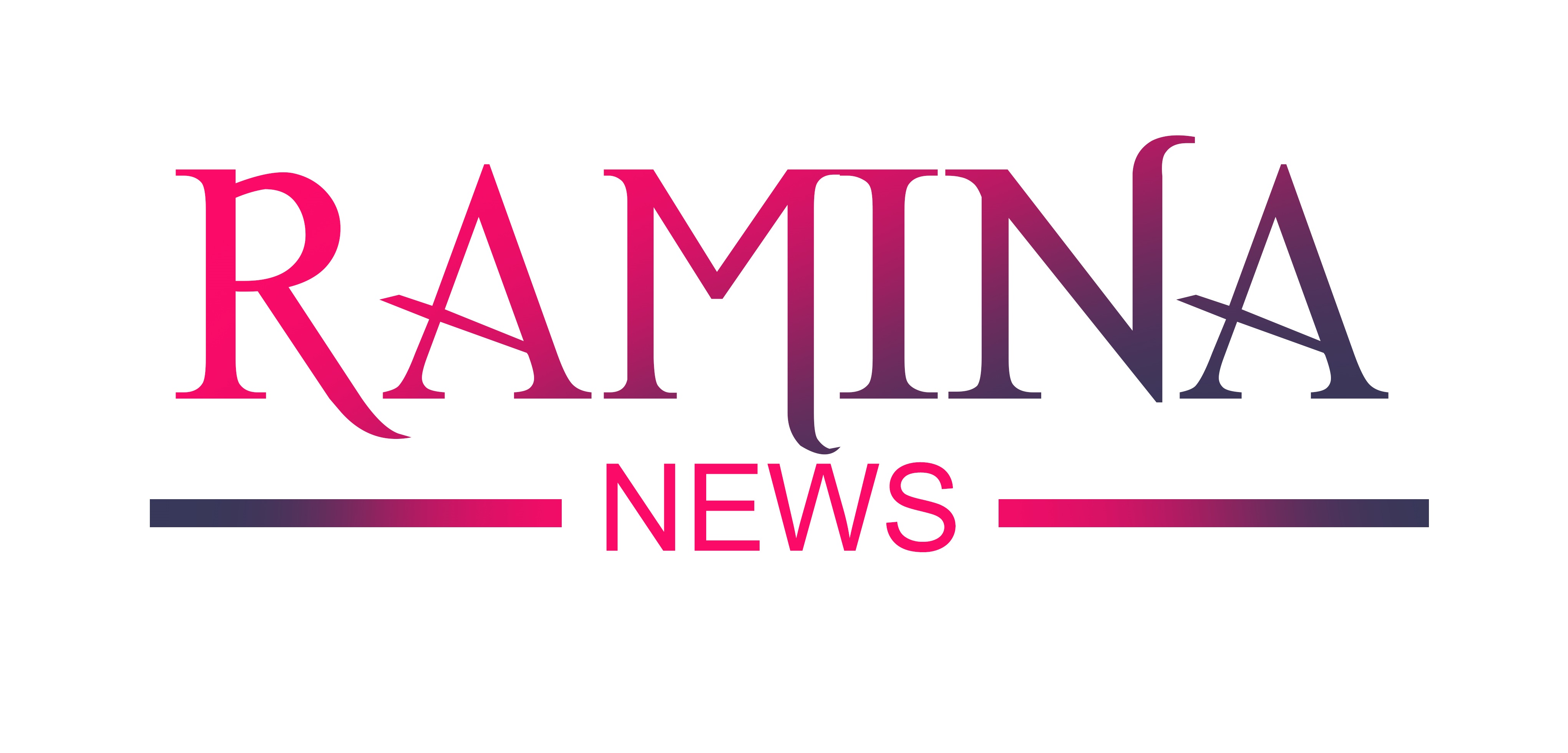
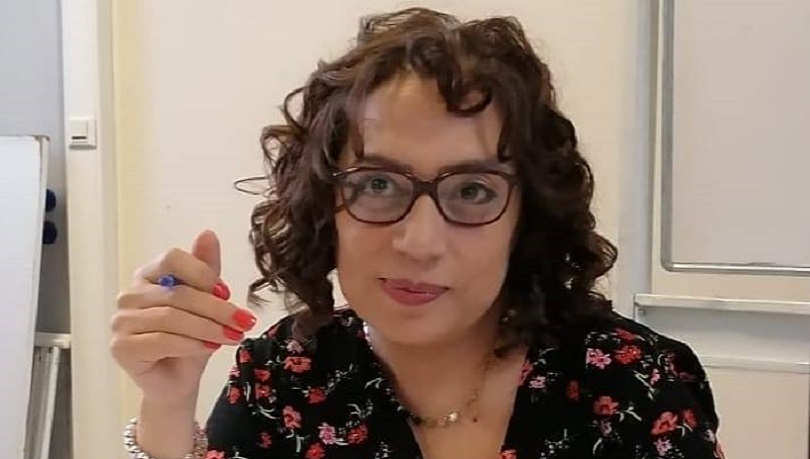

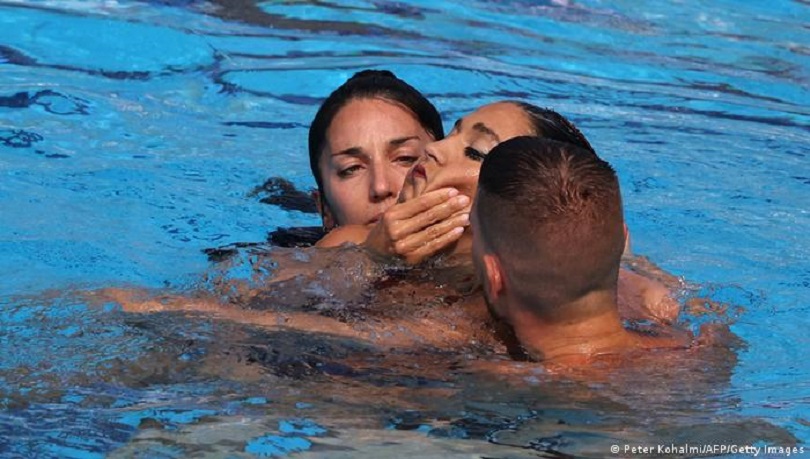
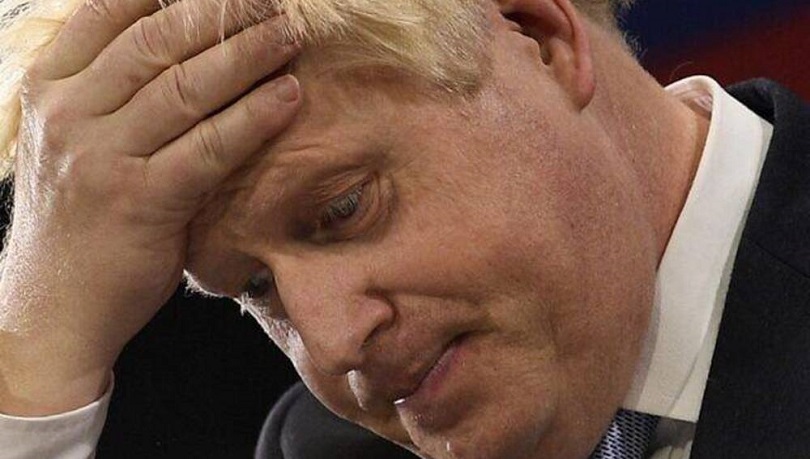
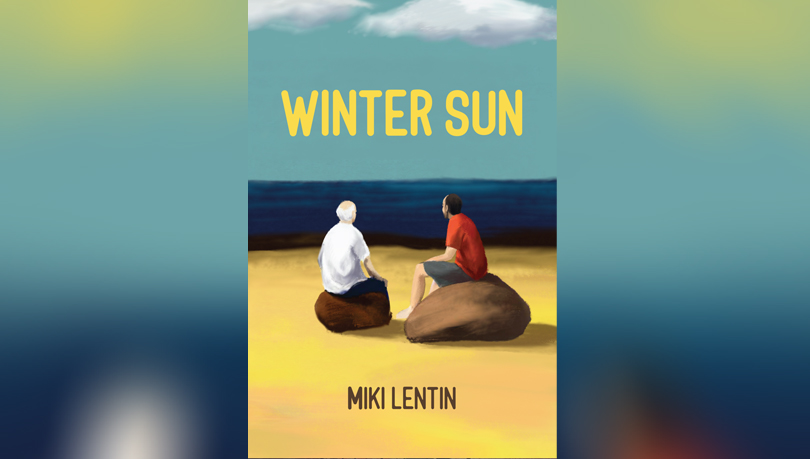
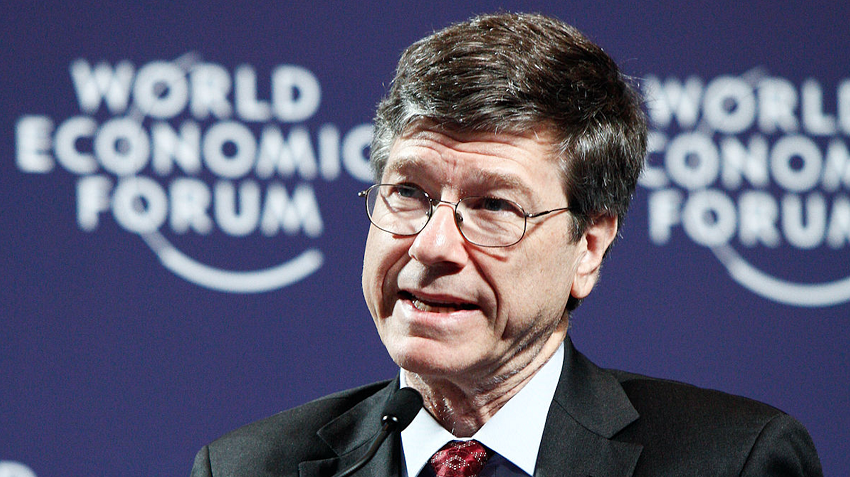
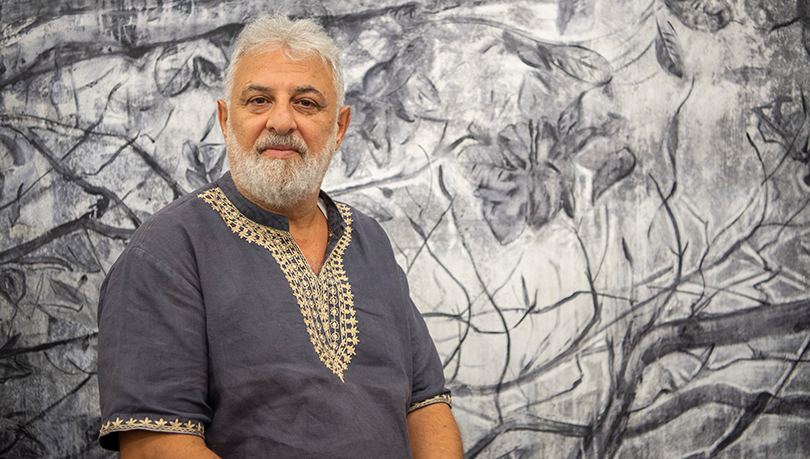
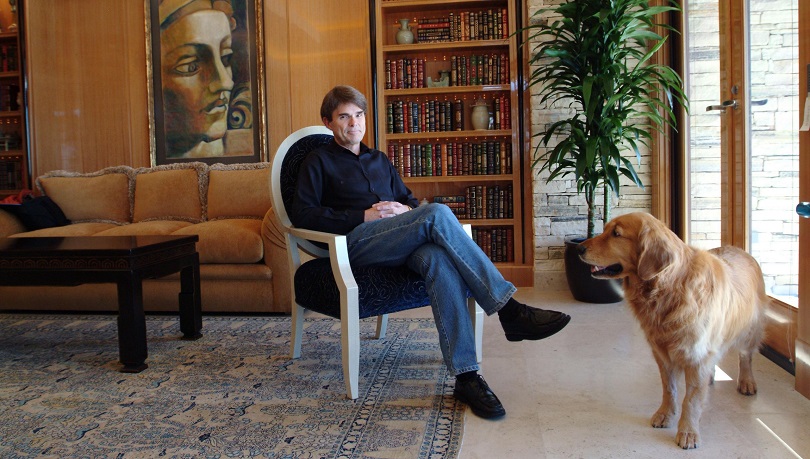
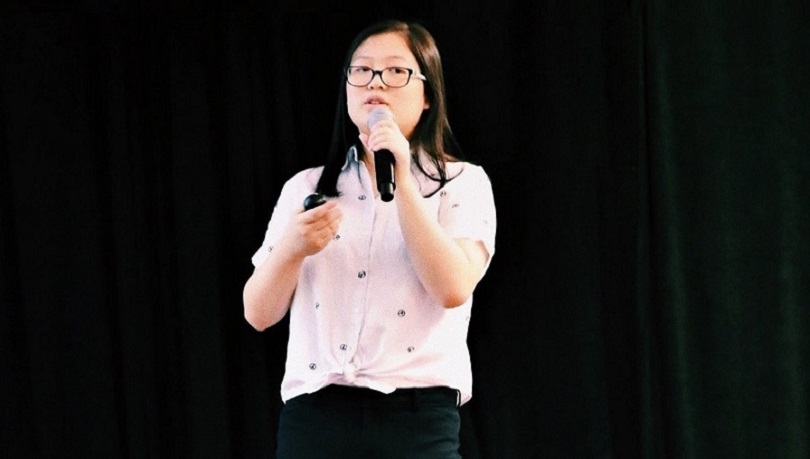
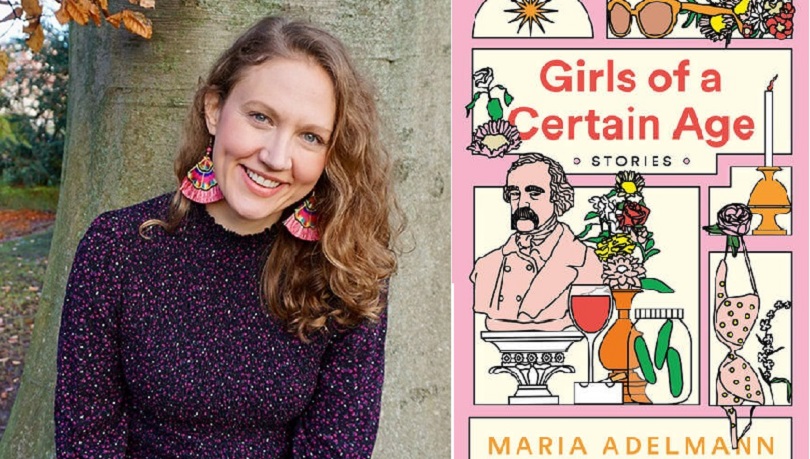
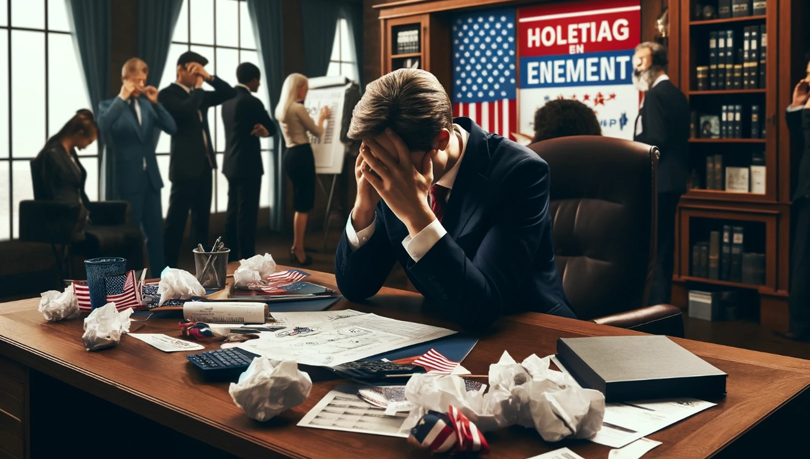
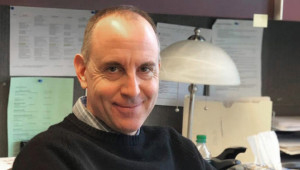

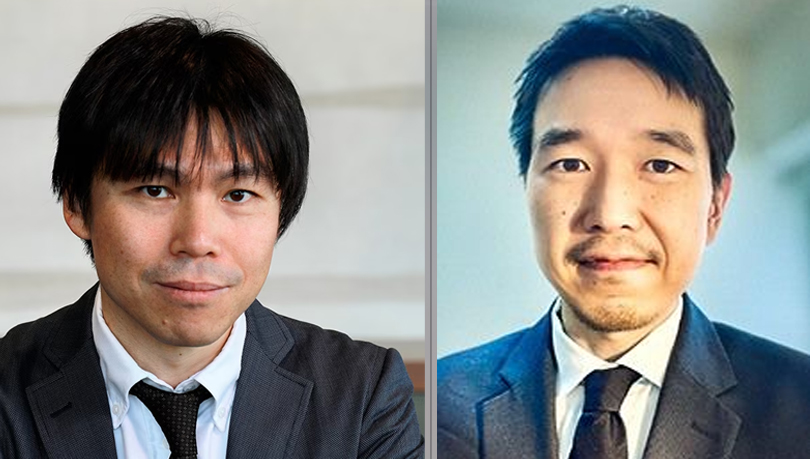
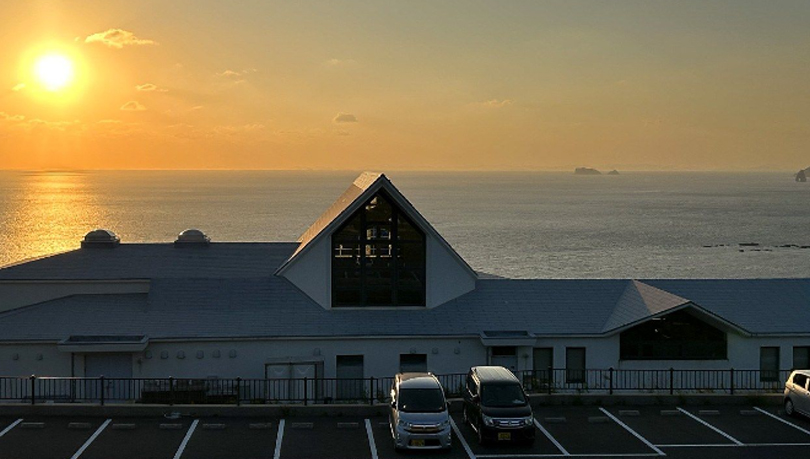
0 Comments